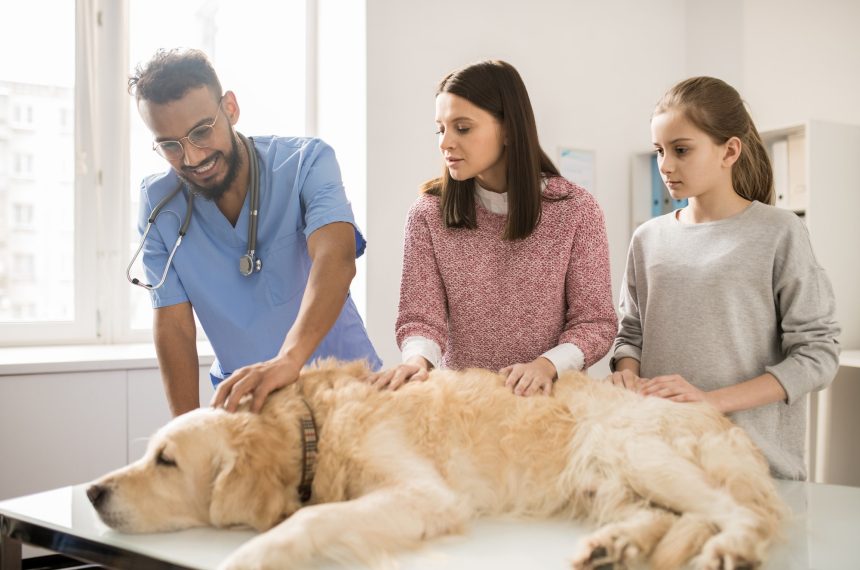Pet owners often ask what to do to keep your pet healthy. To help others with similar problems, here are 10 key pet health issues that can help your pet’s well-being.
1. Annual veterinary examination
Annual exams are as important as food and love. Don’t wait for your pet to get sick before going to the doctor. Take your pet to the doctor at least once a year. Older pets and pets with health problems may need more frequent check-ups. Your doctor will examine your pet from head to toe to make sure your pet is healthy and aware of vaccinations and other precautions. In the long run, this annual health check will protect your pet from preventable diseases and save money and heartache by detecting the disease early when it is easily treatable.
2. Vaccination
Most people do not leave immunity for children and you should not ignore the immunity of your pet. The vaccine protects pets from deadly diseases caused by viruses and bacteria. As a shelter waiter, many animals are exposed to unnecessarily preventable diseases such as distemper and parvovirus. Depending on your pet’s lifestyle and risk factors, and how often your pet needs boosters, ask your doctor which vaccine will best help your pet. Three Screening tests Screening tests are important.
Animals cannot tell or tell what the problem is, so they can detect the disease before any signs or symptoms appear. Depending on the age of the pet, veterinarians recommend screening for problems such as diabetes, kidney disease and thyroid disease. Even if your pet looks healthy, make sure it has been examined as directed by your doctor.
4. Dental care
Keep your pet’s teeth clean and healthy. What do you need for that? First, take your pet to the doctor at least once a year and see a doctor if needed. Then brush your teeth regularly with toothpaste and chew to keep your teeth white between bites.
5. Protection from parasites
Parasites are a common and important cause of disease in pets. They can be inside, like insects and protozoa, or outside, like fleas and ticks. In addition to being frightening, parasites can cause serious illness in pets and can be fatal in the case of heart worms and Lyme disease. Parasites can be a threat to children as well as other families. Fortunately, parasitic diseases are easier to prevent. Talk to your doctor and use monthly precautionary measures to protect your pet and family from internal and external parasites. Click here for information on how to avoid heartworm disease.
6. Microchip
If you do not already have a pet, you will need to install a microchip. Collars and identification tags are important, but there’s no guarantee you’ll be able to get home if you lose your pet. Collar and ID tags are unreliable because they can be broken or dropped. As a shelter doctor, I see a lot of lost pets in shelters. I’m a big fan of microchips. We believe that if you lose your pet, a microchip is the best way to increase your chances of getting home.
7. Disinfect and neutralize your pets.
Contraceptive neutering surgery for dogs and cats not only helps prevent overcrowding, but it is not only a responsible procedure, but also has significant health benefits. For example, infertility and infertility reduce the risk of breast cancer, testicular cancer and sinusitis (uterine infection). Contraceptive neutering and contraceptive neutering also help with behavioral problems such as nausea, vomiting and aggression. If pet has not yet had birth control or spa surgery, call your doctor to discuss the effects of birth control or spa surgery.
8. Household box
Pets are naturally curious creatures, but curiosity can cause problems. Protect Your Home from Pets Make sure your home is safe for pets.
9. Avoid poisonous plants
For a list of the most common poisonous plants, visit the ASPCA Center for Animal Poison Control website to protect your pet from potential danger.
10. Exercise.
Exercise is the best way to keep your pet healthy and lean. Pets like us can be overweight, such as obesity, arthritis and diabetes. Train your pet and keep it active. For dogs, you can go for long walks, play sports or run freely.

